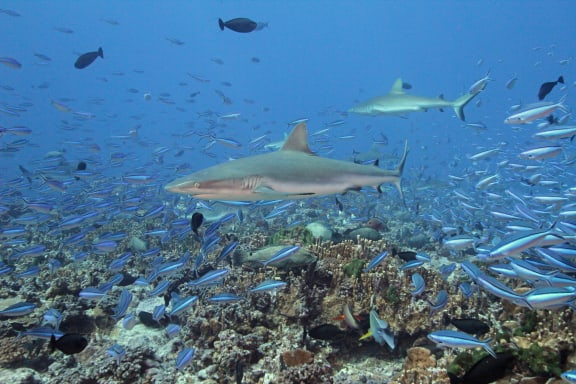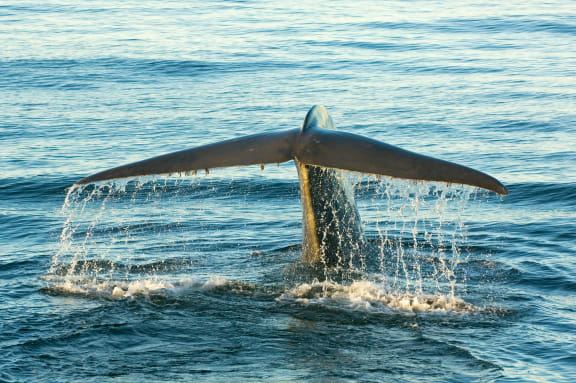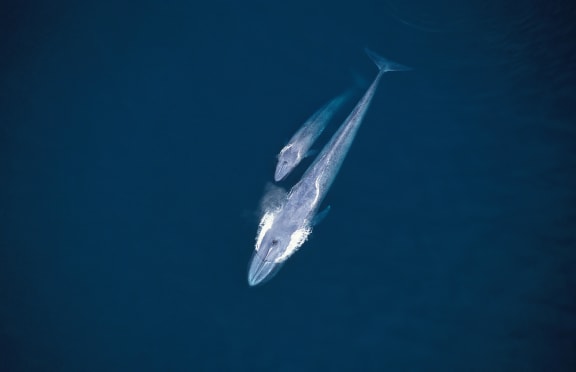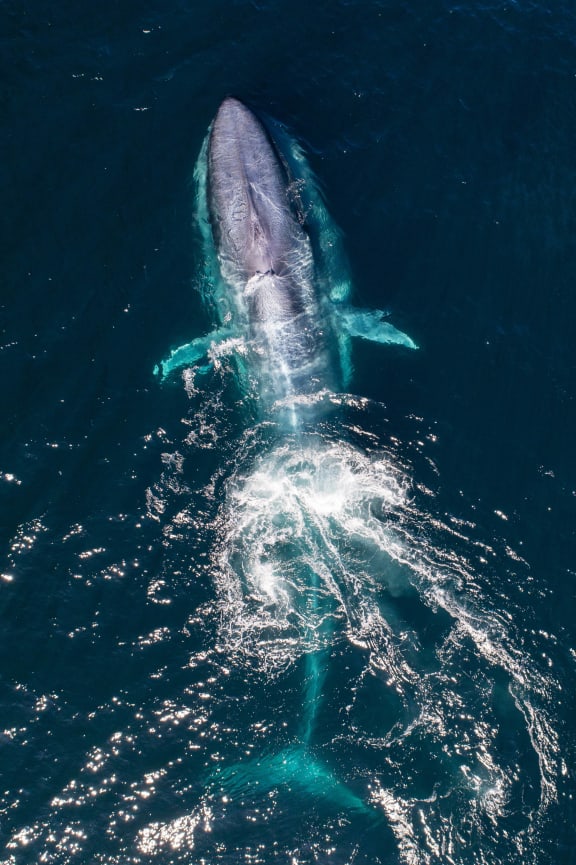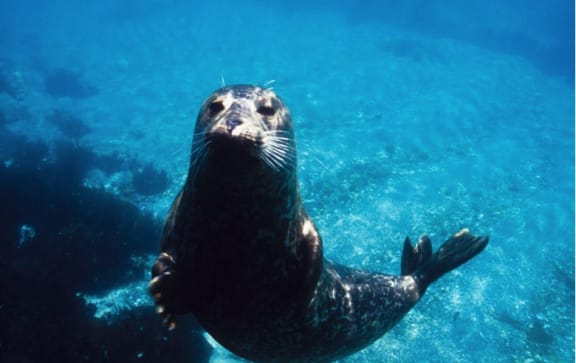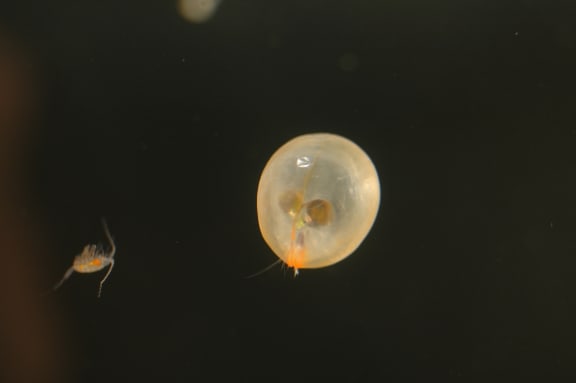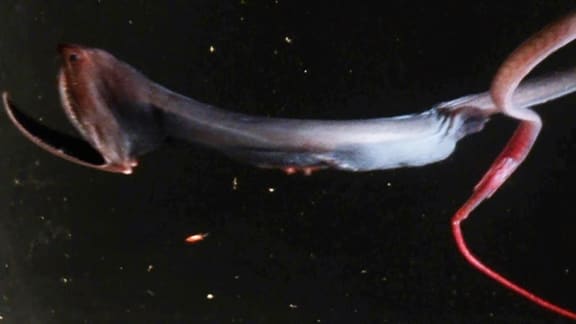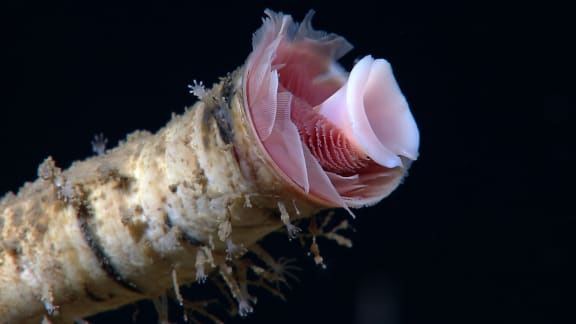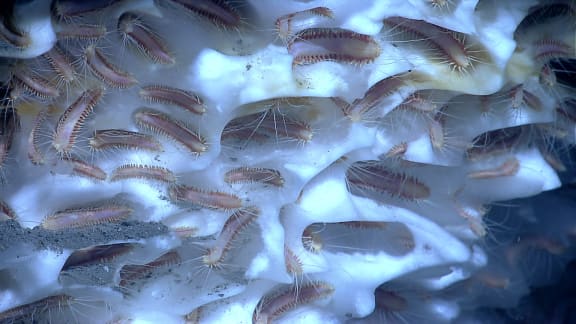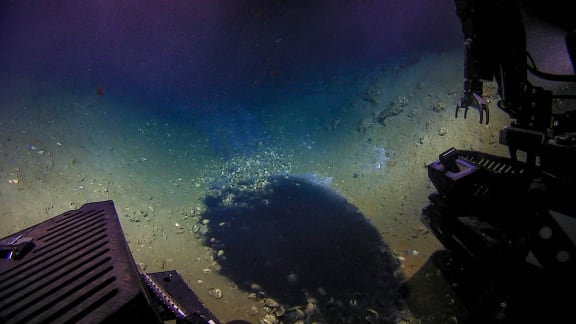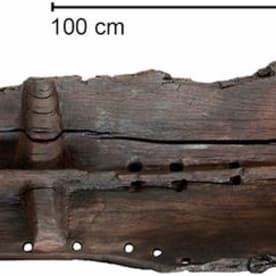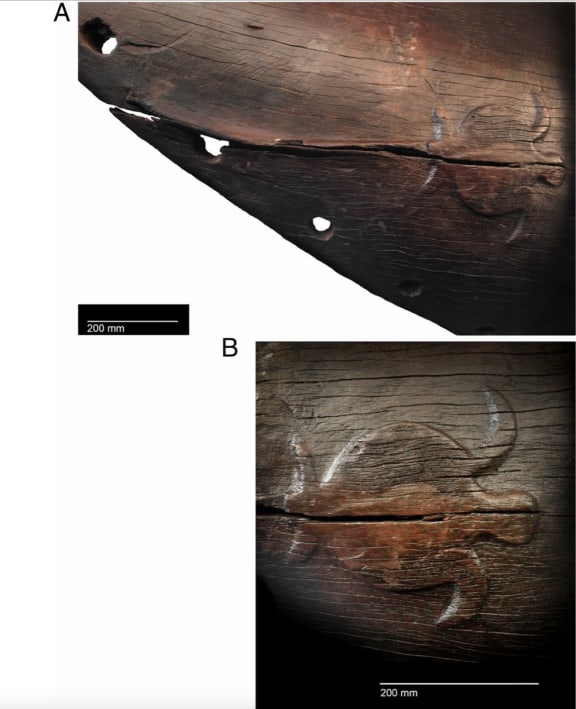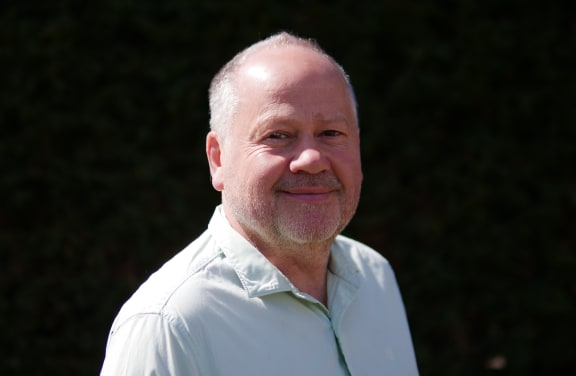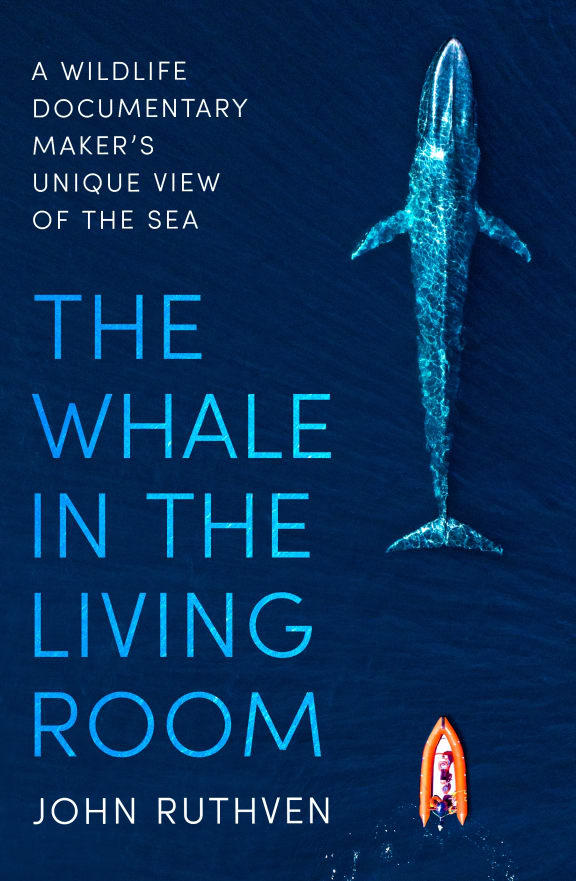John Ruthven's book, The Whale in the Living Room, tells of his expeditions and adventures during decades of documentary making about the mysteries of the ocean.
The Emmy award-winning wildlife documentary producer has worked on the BBC's Blue Planet and Blue Planet II nature series, presented by David Attenborough.
Ruthven's other ocean films include episodes of Discovery Shark Week, and expedition films for National Geographic.
Ruthven tells Kathryn Ryan he wanted to share the insights he has gained from the dozens of films he's done at sea.
"One of the main things I notice is more scientific research about the sea.
"As filmmakers, our first point of call really is to talk to the scientists and the researchers, and there's many more of them than there was when say David Attenborough was starting."
His endeavours have also helped elicit information for New Zealand researchers, who found false killer whales off the Coromandel Peninsula strangely had a culture of co-operating with other species.
"So individual false killer whales pair up with individual bottlenose dolphins year after year, they recognise each other.
"It's even thought that they might have a kind of common language which they switch to when they meet each other, and that they hunt together.
"Possibly an advantage would be that say the false killer whales go deeper, and the bottlenose go wider and that they can share information."
Among his adventures, Ruthven remembers one extraordinary moment when the filming crew in Canada was lifted up by a North Atlantic right whale in what they believed was a rush of males to a female's mating call.
"We saw a whale in the distance, and we saw that she had had pectoral fins, we deduced that she was perhaps a female ... this was from half a mile away.
"I looked over the side of the boat and there was a whoooosh, huge noise like that, and your mind doesn't really understand what it's seeing, but I just saw this glinting, looking like a very fat man in a wet suit.
"Then I realised it was a whale and it was coming up right under our inflatable and it lifted us out of the water and we were at about 45 degrees angle ... the scientist with us was very fast acting and he took the outboard motor up and so we didn't topple off the whale.
"Then very gently, it laid us back onto the water and just swam off."
Another wildlife story, which Ruthven helped bring to screens, captured the hearts of people around the world and made headlines - a pod of pilot whales carrying a dead calf.
"This was a story which had a great emotional connection with the audience," he says.
"In the pod, a calf had died shortly after birth, and it's known that they carry them around amongst the whole pod, and there's about 15 or 20 animals in the pod, and the mother carries the dead calf and passes it around the whole pod and they stay with it for up to two days.
"It's a very likely scenario that it was killed by some plastic pollution in the sea, and that was the story that David Attenborough said in quite a gentle way ... the pictures really were heartbreaking."
Finding the right balance between informing the audience about the consequences of climate change and keeping them in awe about the wonders of nature is a challenge, he says.
"David for a long time was about the beauty of the world and how wonderful everything is and because it's wonderful, we need to preserve it, although that was never said.
"But I can see that he's changed quite a lot in that he's become an environmental campaigner really in in some sense in his life and I remember him being very shocked and taking the evidence about climate change very seriously about 15 years ago."
A couple of years ago, Ruthven had been working on a project about the melting ice and climate change with NHNZ before it was disrupted by the pandemic.
He hopes they can get back to it once things somewhat return to normal.
